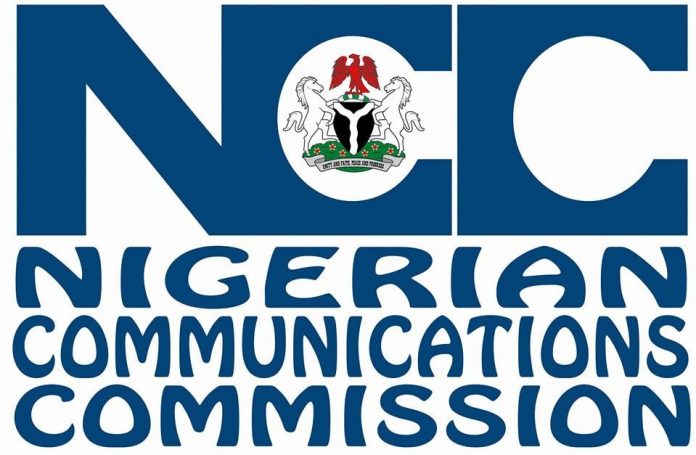Telecommunication stakeholders have commended the Nigerian Communications Commission (NCC) for its recent mandates aimed at significantly improving the quality of service provided by telecom operators in the country. The NCC’s directive, which requires companies like MTN Nigeria and Airtel Nigeria to attend to subscribers within 30 minutes of their arrival at service centres, marks a significant step towards elevating customer satisfaction and operational efficiency within the industry.
This directive is part of the NCC’s newly released ‘Quality of Service Business Rules,’ which came into effect in August 2024. These guidelines, initially drafted in June 2023, aim to set clear benchmarks for service delivery by establishing minimum service standards, associated measurements, and key performance indicators. Industry experts have lauded these rules as essential for maintaining a competitive edge in an increasingly demanding market.
From the perspective of industry stakeholders, the NCC’s focus on customer-centric regulations reflects a deep understanding of the challenges faced by both service providers and their customers. The requirement that subscribers must be attended to within 30 minutes of arriving at service centres is seen as a proactive measure that will not only reduce customer frustration but also enhance the overall reputation of telecom operators.
In addition to the 30-minute service window, the NCC has introduced several other customer service improvements that stakeholders believe will drive industry-wide enhancements. For example, the commission has limited the maximum number of call attempts before connecting to customer care lines to three, and mandates that customers must be able to speak with live agents within five minutes. In instances where this is not possible, telecom operators are now required to call the subscribers back within 30 minutes—a move that is expected to significantly reduce the long-standing issue of customer care accessibility.
The swift blocking of lost or stolen SIM cards, which must now be completed within five minutes of a report, has been highlighted as another crucial improvement. Stakeholders agree that this mandate not only protects consumers but also reinforces the integrity of telecom networks by preventing unauthorized usage.
Furthermore, the NCC’s rules stipulate that internet outages should not exceed two hours, except in cases of lawful disconnection. This requirement is anticipated to drive network reliability, a key factor in maintaining customer trust and loyalty. The regulations around the deactivation of subscriber lines also offer a balanced approach, allowing for the deactivation of lines that have not been used for revenue-generating events within six months, while also providing an option for line parking to prevent number loss for subscribers with valid reasons for inactivity.
Stakeholders within the telecom industry view these measures as a win-win for both consumers and service providers. By ensuring that customer service is prompt, efficient, and reliable, the NCC is helping to foster a more competitive and responsive telecom market. Operators are expected to benefit from higher customer retention rates and enhanced brand loyalty, while consumers will enjoy improved service quality.
The NCC’s proactive stance in regulating the telecom industry has set a new standard for customer service in Nigeria, and stakeholders are optimistic that these changes will drive further innovation and growth within the sector.










